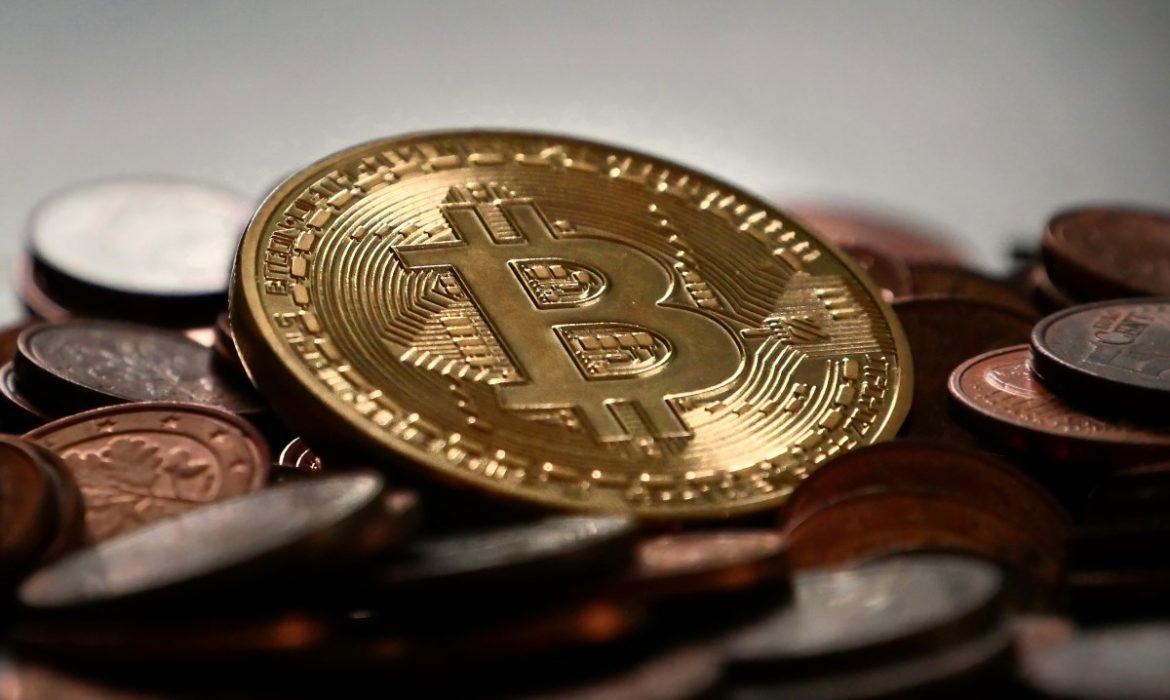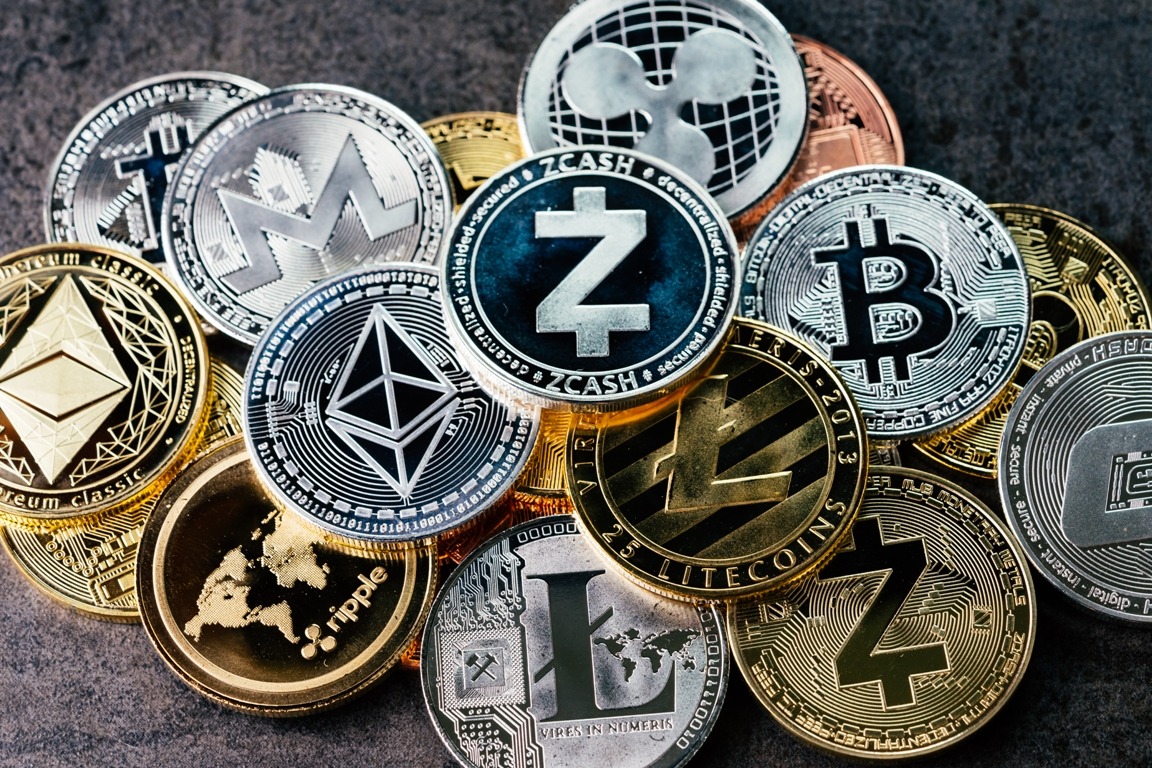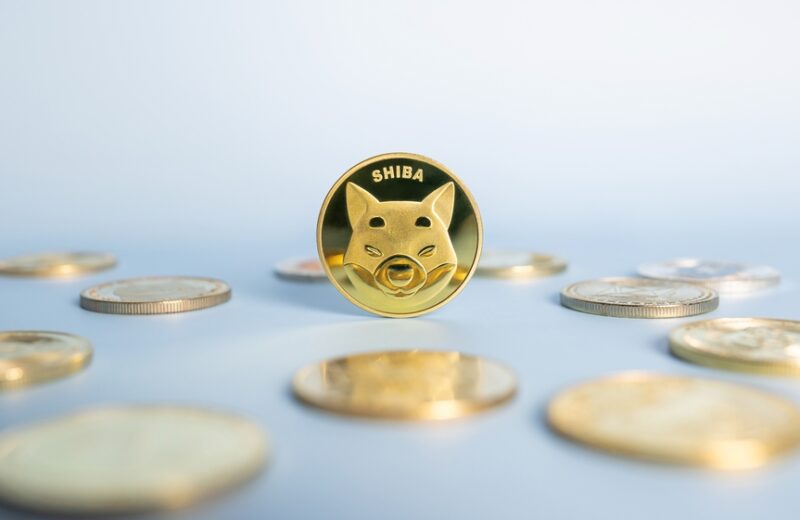The optimistic view emerges as the Russian central bank tightens capital controls, including prohibiting the use of rubles to purchase US dollars. Despite this, BTC corrected to test the range’s resistance as support; this is usual after breakouts as traders look for confirmation of the pattern with additional upside. If this is the case, the chance of the ruble rising to 11 million rubles in the future is vital; representing an almost 140 percent increase.
Bitcoin (BTC) has lost about 30% of its value since peaking at 5.8 million rubles per token on March 9. Nonetheless, suppose a traditional bullish continuation pattern plays out. In that case, the decline might be a reason for traders to dump another large cache of the Russian national currency.
Bitcoin is approaching 11 million rubles.
When the price consolidates between a rising lower trendline (support) and a flat upper trendline, the pattern is an “ascending triangle” (resistance). It ends when the price breaks out of the consolidation range in the direction of the preceding trend; aiming for levels that are at least the distance between the triangle’s top and lower trendlines.
Russia’s Capital in Charge
The technical optimistic view for the BTC/RUB market comes amid a continued flight from Russian assets following Russia’s invasion of Ukraine. Western nations unite to sever the country’s links with the global financial system. As a result, trading at the Moscow Exchange has been halted as of February 28 until further notice. Shares of Russian-backed corporations in other countries have also suffered. An MSCI index tracking their exchange-traded funds shows an almost 78 percent outflow since the invasion began on February 24.
The ruble had lost more than 50% of its value versus the dollar year so far as of March 7, the most significant drop since Russia defaulted on its debt in 1998. The Russian central bank intervened with a series of capital controls, including a six-month ban on foreign currency sales.















